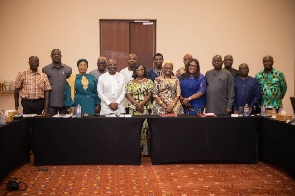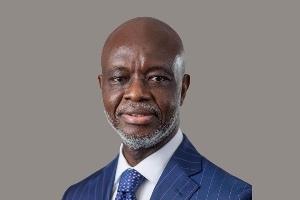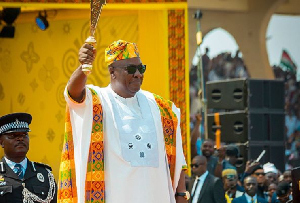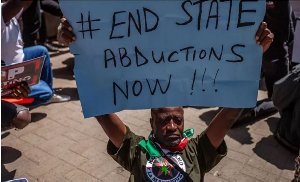The World Food Program (WFP) and the Millennium Development Authority (MiDA) have signed a Memorandum of Understanding (MoU) to collaborate on a four-year initiative to fund sustainable agriculture in the country.
The MoU signing ceremony, held on December 5, 2023, marked a significant milestone in the pursuit of a more resilient and environmentally conscious agricultural sector.
Under the project titled ‘Sustainable Offset Credit for Farmers Concept under Ghana Food Systems Strategy’, the WFP has committed a substantial US$7million from its Changing Lives Transformation Fund (CLTF). This funding aims to enhance the livelihoods of stakeholders in the Kasunya Economic Enclave, with a special focus on smallholder farmers.
The initiative also encompasses a strategic plan to address critical issues affecting the agricultural sector, including low productivity, high post-harvest losses, and limited access to markets for smallholder farmers. Key components of the funding focus on activities such as land preparation and development, installation of irrigation systems, support from the Council for Scientific and Industrial Research (CSIR) for sustainable yields, tree-planting initiatives, and youth training in climate-smart agriculture.
The signing ceremony, attended by distinguished dignitaries – including Mr. Ken Ofori Atta, Minister of Finance, and Ms. Barbara Tulu-Clemens, Country Director, Ghana, World Food Program, highlighted the shared commitment to sustainable agriculture. Professor Yaa Ntiamoa-Baidu, Board Chair of MiDA, emphasised the importance of collaboration in addressing challenges and promoting innovation in the agricultural sector.
The impact of this collaboration extends beyond the immediate economic benefits, with a focus on strengthening climate resilience in agriculture and positioning Ghana as a leader in partnering with WFP for sustainable agricultural practices. The initiative also underscores a commitment to gender equality and economic empowerment by providing opportunities for women and girls in the agricultural sector.
Business News of Thursday, 21 December 2023
Source: thebftonline.com

















